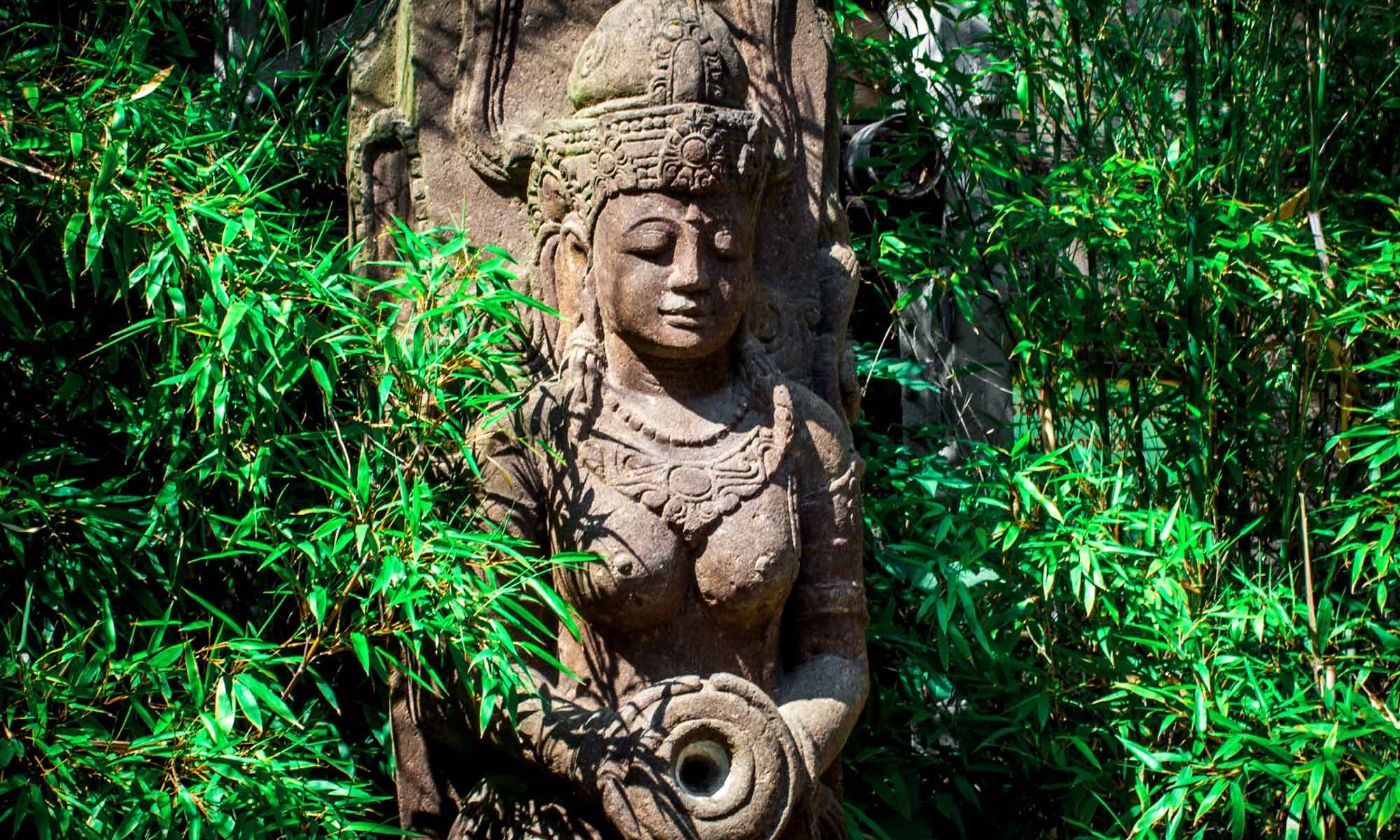On Saturday afternoon we will have a Marketplace with book signings available from 4 to 8 pm. Many of our presenters will have books on hand to inspire you–such as:

Sherri L. Mitchell is the author of Sacred Instructions; Indigenous Wisdom for Living Spirit-Based Change. She was born and raised on the Penobscot Indian Reservation, at Indian Island in Maine. A civil rights attorney, educator and advocate for women and children, Sherri is the Executive Director of the Land Peace Foundation, which provides assistance to Indigenous populations and groups. Sherri is also a published poet, scholar and philosopher.

Beverly Little Thunder is a Two-Spirit mother, grandmother, great-grandmother, and lifelong activist. Beverly is also a published author of the memoir, One Bead at a Time and a chapter in Two Spirit People (1995).

Annie Finch is an award-winning poet, writer, speaker, performer, and witch. Her eighteen books include Eve, Calendars, A Poet’s Craft, Spells, and Among the Goddesses: An Epic Libretto in Seven Dreams, which received ASWM’s 2010 Sarasvati Award.

Named a “Wisdom Keeper of the Goddess Spirituality Movement” in 2013, Nancy Vedder-Shults, Ph.D, is the author of The World is Your Oracle: Divinatory Practices for Tapping Your Inner Wisdom (Fair Winds Press: 2017).

Malgorzata Oleszkiewicz-Peralba’s cross-cultural, women-centered interests are reflected in her two recent books, The Black Madonna in Latin America and Europe: Tradition and Transformation (UNMP) and Fierce Feminine Divinities of Eurasia and Latin America: Baba Yaga, Kali, Pombagira, and Santa Muerte (Palgrave).


And of course ASWM’s own Vibrant Voices: Women, Myth and the Arts and Myths Shattered and Restored.






You must be logged in to post a comment.